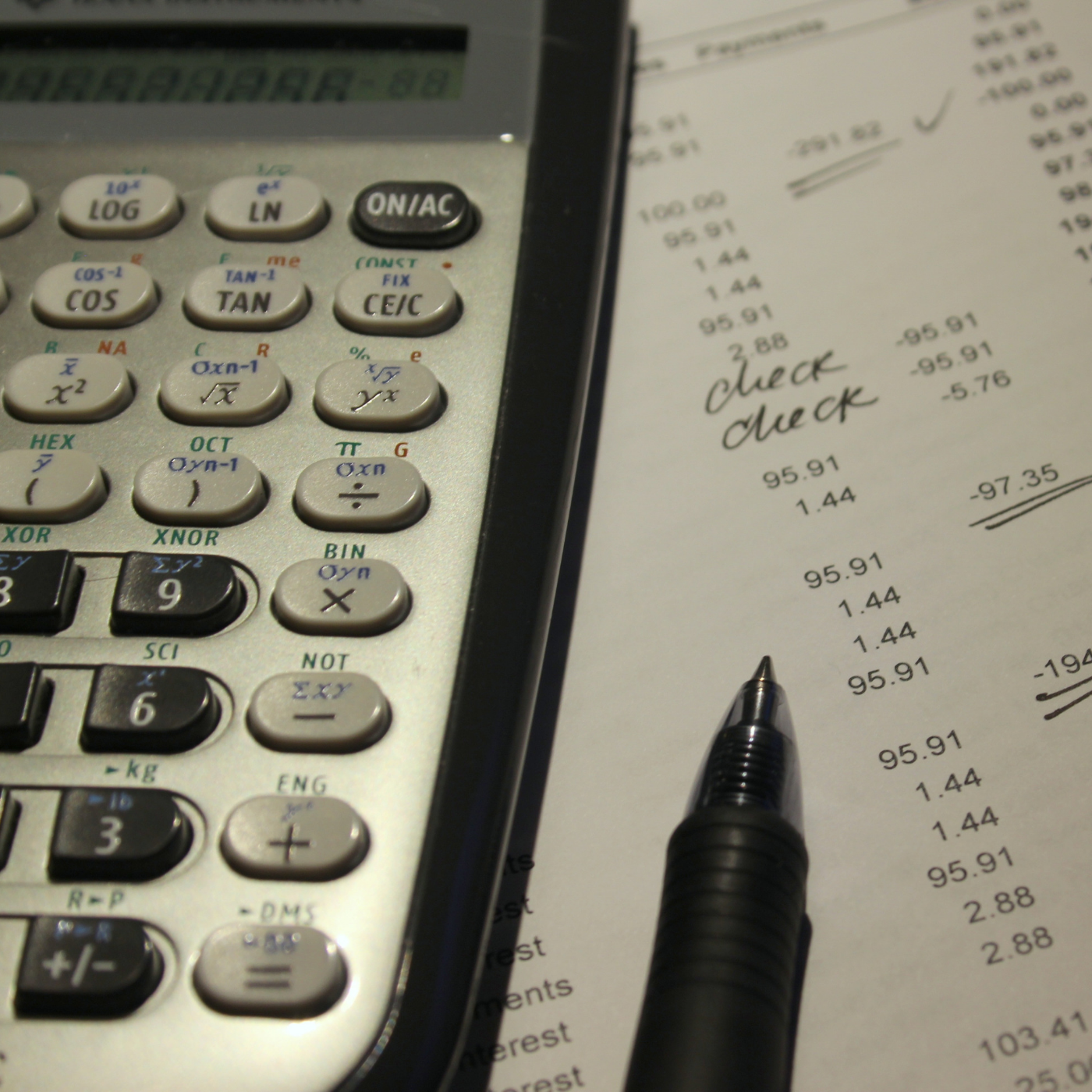Top 5 Suggestions Before Renting Out Your House
While renting out your home can be appealing for lots of reasons such as additional cash flow, investment diversification, or simply keeping the house in your name and the mortgage paid, there are some definite factors to consider before taking on tenants and the mantle of landlord.

SUGGESTION #1: Best House in the Best Neighborhood Doesn’t Always Equal the Best Rental ROI
DON’T assume that you will get as much for rent as from tenants as your bank gets from you for the mortgage
DO take the time to research the local market
Know your area. Have the numbers of renters vs owners. Remember that an occupied home with some money coming in is better than an unoccupied property with no money coming in.
Military.com has some great suggestions on where to dig up the details:
“Get an idea of rent amounts by checking newspapers, online resources or neighborhood rental signs. Be realistic about rent levels. The rent may be lower than your mortgage payment, but if you want to find a tenant, the rent must be comparable to what's in the market.”
When it comes to money matters, always research, research, research.
SUGGESTION #2: Keep in Mind That Not All Properties and Locations Are Treated Equally
DON’T think that leasing your country bungalow is the same as renting out a downtown NYC flat
DO respect and take into account both property location and property type
Location, location, location + property type = a highly individual metric for you and your property.
While an NYC flat may command higher rent, the fact that there’s no yard does not mean there’s no maintenance. Rather, you would redouble your efforts to make your home the most attractive option available to potential renters. Keep in mind that the rental pool would be far smaller (higher cost of living, not enough space for price per square foot, etc).
A country bungalow might have higher upkeep costs for land care and lower rent compared to the NYC flat; however, due to a larger potential renter pool, the country bungalow may be the more lucrative of the two in the long run. Plus, the country bungalow may also have a shorter unoccupied status which would mean longer period of uninterrupted cash flow.
LawDepot.com's Kristy DeSmit puts it into perspective like this:
“The type of property you’re leasing affects the amount of maintenance and attention you will need to put towards it.”
Customize, market, and utilize the property type accordingly in order to minimize headaches. You may not earn maximum profit from your property but an easy-to-maintain rental means fewer expenses eating into your bottom line.

Know the difference between repairs/improvements and maintenance to save headaches at tax time.
Image courtesy of Canva.com
SUGGESTION# 3: Know Your Maintenance Types and Costs
DON’T lump all property repairs and improvements under the same umbrella
DO keep detailed records of which maintenance items are repairs, which are improvements, the costs respective to each, and the date(s) these maintenance items occurred
Whether making repairs/improvements yourself or logging maintenance expenses, know when to put in the elbow grease/sweat equity yourself or hire someone else to do the work for you.
Ensuring you get the best, most accurate deductions/credits at tax time is just as important as keeping your property a desirable place to live.
The brains at TurboTax break down repairs vs improvements as:
“Maintaining a rental property includes fixing the building up over time. Some of these costs are repairs, and some are improvements. The basic definition of a repair is anything that puts the property back into the same condition it was in originally.
[...]
The reason it is important to differentiate between the two types of costs is that repairs and maintenance costs can be expensed in the year incurred, whereas improvements must be capitalized and the expense taken over a period of years through depreciation.”
Know your limits, figure out what's needed, and use this as an opportunity to improve and repair your property. This is also a great opportunity to maintain—or even improve—your reputation as a landlord. After all, people talk.

Knowing what and how to expense incurred costs during a rental period is vital at tax time.
Image courtesy of Canva.com
SUGGESTION# 4: Learn to Determine If an Expense is a Current Expense or a Capital Expense
DON’T overstate or inflate your expenses
DO keep good records and report your expenses accurately
It’s easy to understand that replacing a broken sink is an expense. Determining if that new sink falls under improvement or replacement is a different story.
Thankfully Lucas Hall over at Landlordology.com explains current vs capital expenses like this:
“[Current expenses] are generally one-off items that help keep the property in good working condition and habitable, or help you operate your rental business.
The entire expense can be deducted from your taxes in the same year that it was incurred, hence “current” expenses. Repairs are generally expected to restore an item to its previous working condition.
To qualify as a current expense, it must be considered:
Ordinary and necessary
Ordinary expenses are those that are common and generally accepted in the business. Necessary expenses are those that are deemed appropriate, such as interest, taxes, advertising, maintenance, utilities and insurance.
Current
Must have more short-term value than long-term value. Fixing a hot water heater has short-term value. Replacing the appliance has long-term value.
Directly related to your rental activity
The expense must be business related.
Reasonable in amount.
There’s a valuable lesson to be learned here: If you claim to have paid $500 for a toilet seat, you will get audited.
[...]
Anything that increases the value of the property or extends its life is categorized as a “capital expense” or “improvement” and must be capitalized and depreciated over multiple years."
Lucas goes on to say that his "general rule of thumb is any item that costs hundreds of dollars (or more) to replace should probably be deducted as a capital expense.”
In short: Don’t play games with the IRS. They will find out. If in doubt, ask a tax professional.
SUGGESTION# 5: Be Discerning About Renters
DON’T take potential tenants at their word
DO protect yourself by vetting potential tenants and verify that they are the best fit for you and your property
Not only make sure that you and your tenant can have an amicable relationship, ensure that he/she can pay, understands the terms of your rental agreement, and has a good track record from previous landlords.
“[...] take the time to verify their good credit and their employment, which will help you determine their ability to pay the rent. Keep in mind that it’s much easier to find another potential tenant than it would be to evict a tenant who can’t pay the rent.”
Remember: It’s easier to avoid tenants who can’t or won’t pay than it is to go through the eviction process. Don’t think of this as unkind or unfair. Instead, think of this as protecting you and your property from those would would not respect your time, your values, your home, or your time.
SUMMARY
- Best House in the Best Neighborhood Doesn’t Always Equal the Best Rental ROI - Research your local market to get an accurate picture of current rents
- Keep in Mind That Not All Properties and Locations Are Treated Equally - When considering what to charge for rent, remember to take into consideration property type, location, estimated vacancy time, and regular, ongoing maintenance costs - like landscaping.
- Know Your Maintenance Types and Costs - Track your maintenance types and costs. You can use something as simple as an Excel spreadsheet. Don't have Excel? Check out Google Sheets - Google's free spreadsheet software.
- Learn to Determine If an Expense is a Current Expense or a Capital Expense - Know how to classify your expenses at tax time. If you're unsure, always seek professional help from a CPA.
- Be Discerning About Renters - Remember, "...it’s much easier to find another potential tenant than it would be to evict a tenant who can’t pay the rent."
If you need help, or have questions, we'd love to be your first stop. You can get #1 "Research your local market" completed right here on our site.
Grab your free, in-depth Jacksonville Rental Analysis Report below.
Navy to Navy Homes
4540 Southside Blvd, Suite 702
Jacksonville, FL 32216
904-900-4766









